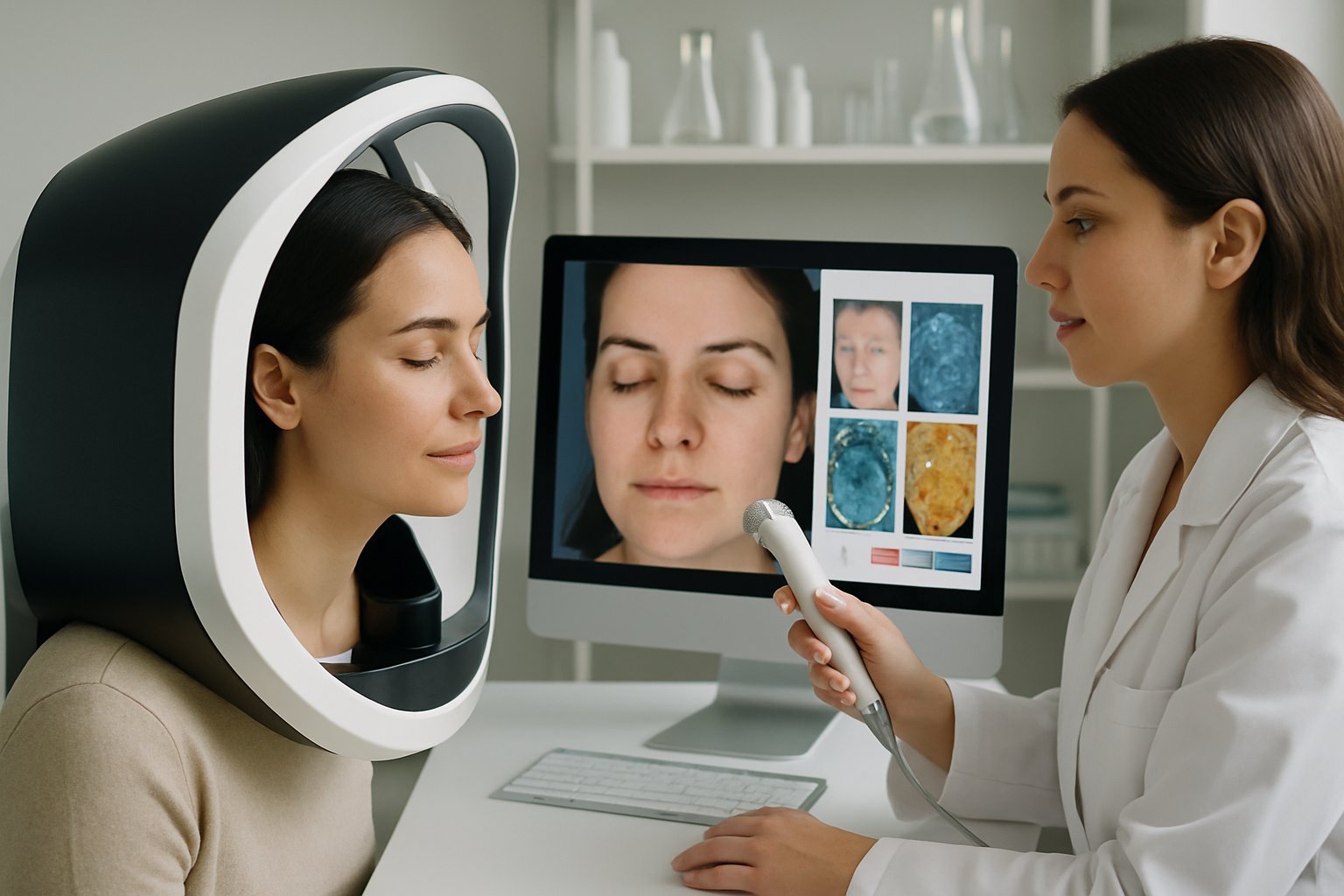Overview
Hypochlorous acid (HOCl) is emerging as a game-changer in the skincare industry, recognized for its antimicrobial and anti-inflammatory properties. Traditionally used in medical settings for disinfecting wounds, HOCl is now being integrated into daily skincare routines, especially for treating acne and other skin issues.
Key Features
- Antimicrobial Action: HOCl is effective in neutralizing bacteria responsible for breakouts.
- Gentle on Skin: Suitable for sensitive skin conditions like eczema and rosacea.
- Multi-Purpose Use: Can be applied in both skincare and eye care.
- Rapid Action: Acts quicker than traditional treatments like benzoyl peroxide.
Technical Details
HOCl is a weak acid produced naturally by the body’s white blood cells. Its synthetic version has been in use since 1834. In skincare products, it typically has concentrations ranging from 0.01% to 0.02%, buffered to maintain a skin-friendly pH. The stability of HOCl is a concern; it degrades when exposed to light and heat, necessitating opaque packaging and cool storage conditions.
Benefits
HOCl offers several advantages for individuals with skin sensitivities or those experiencing flare-ups due to environmental factors:
- Infection Prevention: Reduces the risk of infections in open wounds.
- Non-Irritating: Unlike other acne treatments, HOCl does not dry out the skin.
- Easy Application: Users can spray HOCl on clean skin up to three times daily, followed by a moisturizer.
Practical Considerations
While HOCl is promising, users should be aware of its interactions with certain ingredients, such as vitamin C and strong AHAs, which may reduce effectiveness. Dermatologists recommend incorporating HOCl carefully into skincare routines for optimal results.



